UNIVERSAL DECLARATION HUMAN RIGHTS
UNIVERSAL HUMAN RIGHTS
The existence of universal human rights helps to guarantee peace, deter aggression, promote the rule of law, combat crime and corruption, strengthen democracies and prevent humanitarian crises. In this perspective, we promote human rights at the heart of the pursuit of our mission.
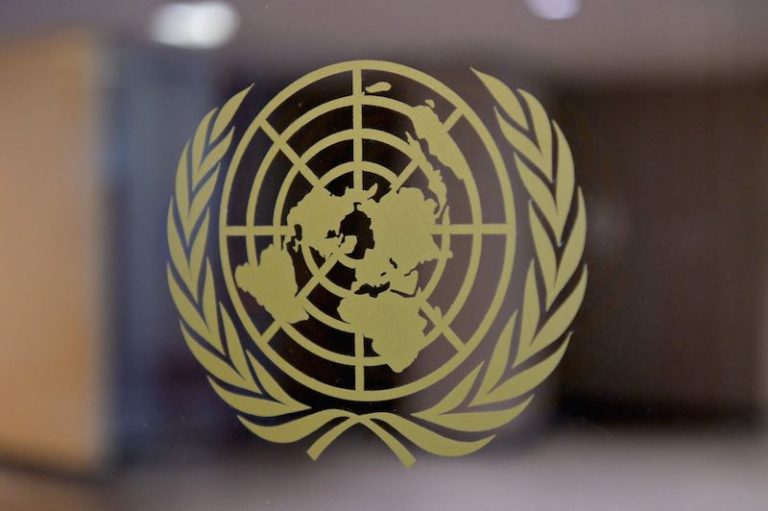
Human Rights are above all universal and inherent for all human beings. However, after World War II in 1945, countries agreed on rights requiring universal protection, so that everyone could live in freedom, equality, dignity, justice and peace in the world.
On December 10, 1948, the 58 member countries that then made up the United Nations (UN) General Assembly adopted the Universal Declaration of Human Rights (UDHR) in Paris.
Like the rights of children, the rights of many people are not respected. Then, how can we hope to overcome poverty if human beings do not have the same rights? For this reason, the Preserve Hope organization calls for global awareness against human trafficking and conducts programs to improve the lives of detainees.
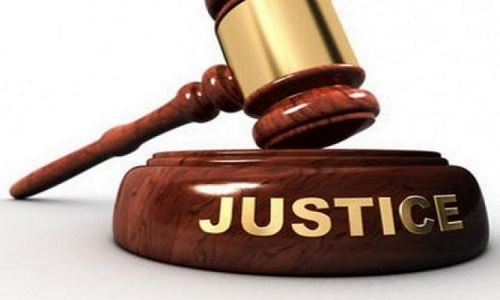
The 30 articles set out in the Universal Declaration of Human Rights include civil, political, economic, social and cultural rights, such as: « the right to life, the right to freedom of expression, the right to education, the right not to be subjected to torture and to seek asylum, as well as the right to liberty and the right to privacy, the right to social security, health and adequate housing. »
Indeed, all these obligations impose on States specific duties to respect and protect the rights of each person, without any discrimination. Thus, no one can deliberately neglect these rights and deprive them of someone.
However, compared to the exercise of other universal human rights, the right to education is fundamental and indispensable. Apparently, this is a key element in achieving social, economic development and lasting peace in all societies. Activist and former South African President Nelson Mandela said: « Education is the most powerful weapon which you can use to change the world. »

A fundamental element of the right to education is that it is accessible to all, regardless of age. Each level of education lays the foundation for continuing education throughout a person's life. It is a powerful tool for developing everyone's full potential and ensuring human dignity, and for promoting individual and collective well-being.
Article 26 of the Universal Declaration of Human Rights proclaims that:
- « Every person has the right to an education. Education must be free, at least as regards elementary and basic education. Elementary education is compulsory. Technical and vocational education must be generalized; access to higher education must be open on full equality to all on the basis of their merit. »
- « Education should aim at the full development of the human personality and at strengthening respect for human rights and fundamental freedoms. It must promote understanding, tolerance and friendship among all nations and all racial or religious groups, as well as the development of United Nations activities for the maintenance of peace. »
- « Parents have, as a priority, the right to choose the kind of education to be given to their children. »
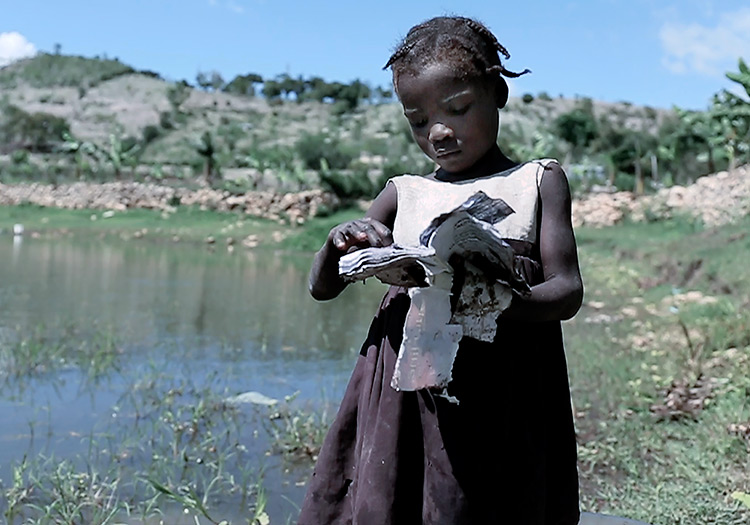
When a State has ratified a treaty that guarantees the right to education, it has an obligation to respect, protect and fulfill this right. That is, to take appropriate measures for the full realization of the right to education to the maximum of its available resources. However, other actors play a key role in the promotion and protection of this fundamental right.
The role of international and multilateral organizations, such as UNESCO, UNICEF, is particularly important in the realization of the right to education by providing technical and financial assistance.
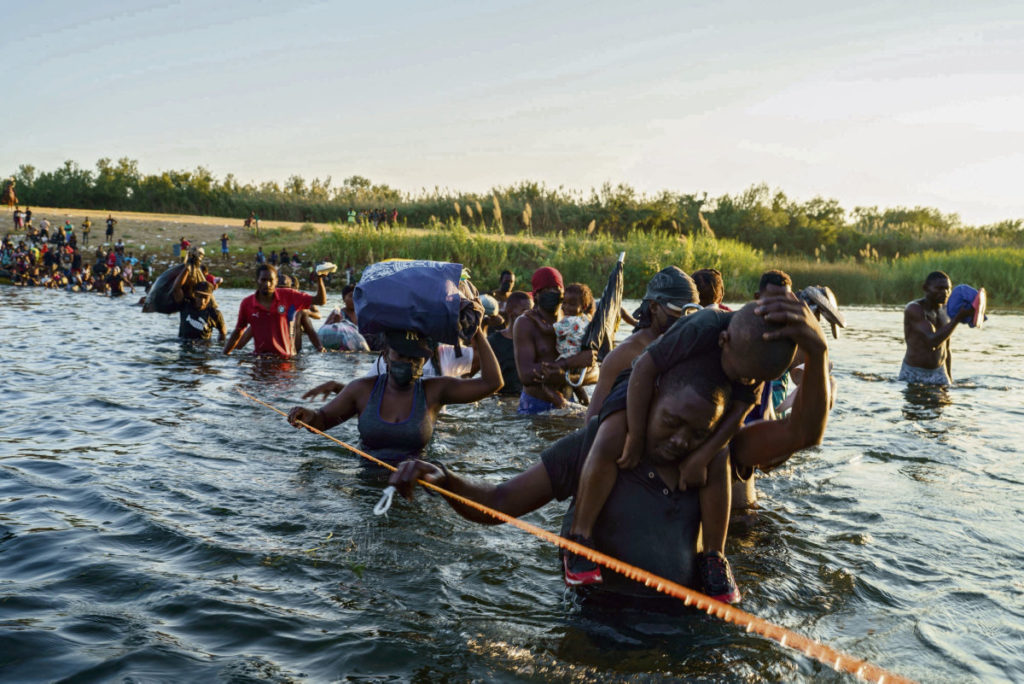
People have generally left their countries of origin and sought refuge in countries where they often settle permanently. For various reasons, they do this in the hope of finding a better and safer life.
In fact, some people leave to escape poverty. Others escape political persecution or violations of human and sometimes religious rights. However, whatever the reasons, most of them do not want to leave their homeland
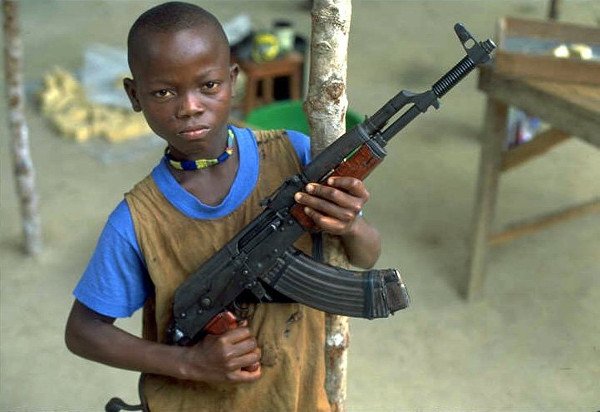
The phenomenon of juvenile delinquency has become more frequent by the number of young people in the streets which continues to increase. As a result, under the influence of alcohol, drugs and other psychotropic drugs, they are increasingly violent and many of them join gangs. They have even become very dangerous and already perpetrators of several assassinations in society. In fact, this problem worries the future of this country, because if nothing is done to stop it, Haitian society will end up being threatened.
Shouldn't this plague awaken our conscience and draw our attention to the future of this country? If our children are abandoned, what can we hope for tomorrow? If they are not educated, what future for this country? If they have not received love, how will they in turn give what they do not have?
However, all is not lost if the elites, governments and citizens of this country really think about educating, supervising and highlighting the talents of these young people. Among them are gifted people, geniuses, great sportsmen, scientists and good professionals. Tomorrow, they will be able to become responsible men and useful to the nation.
